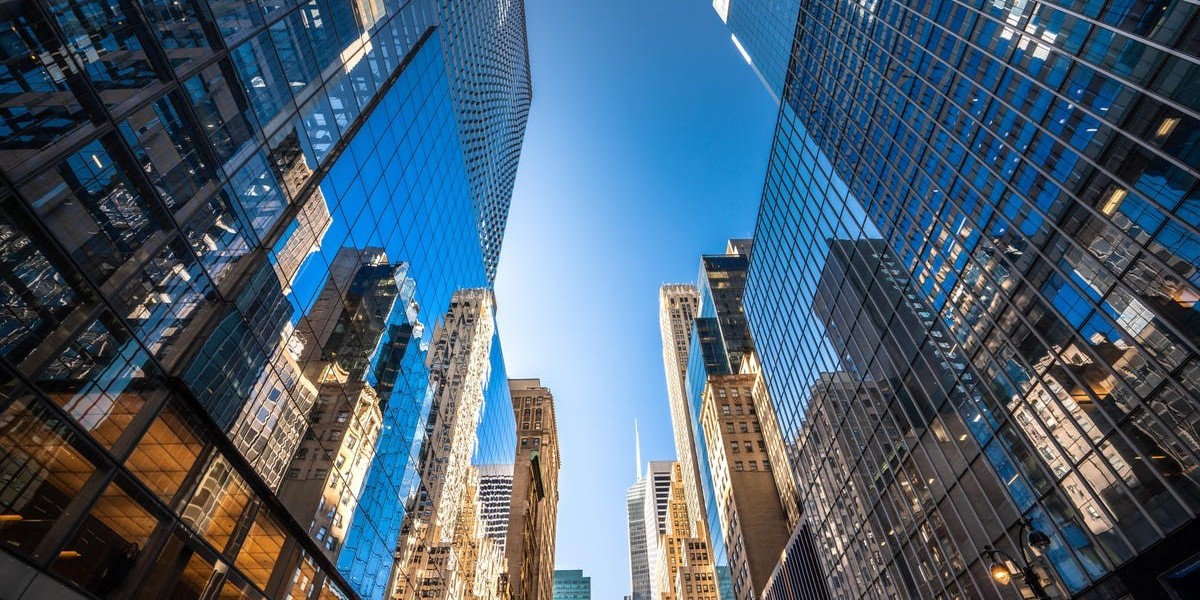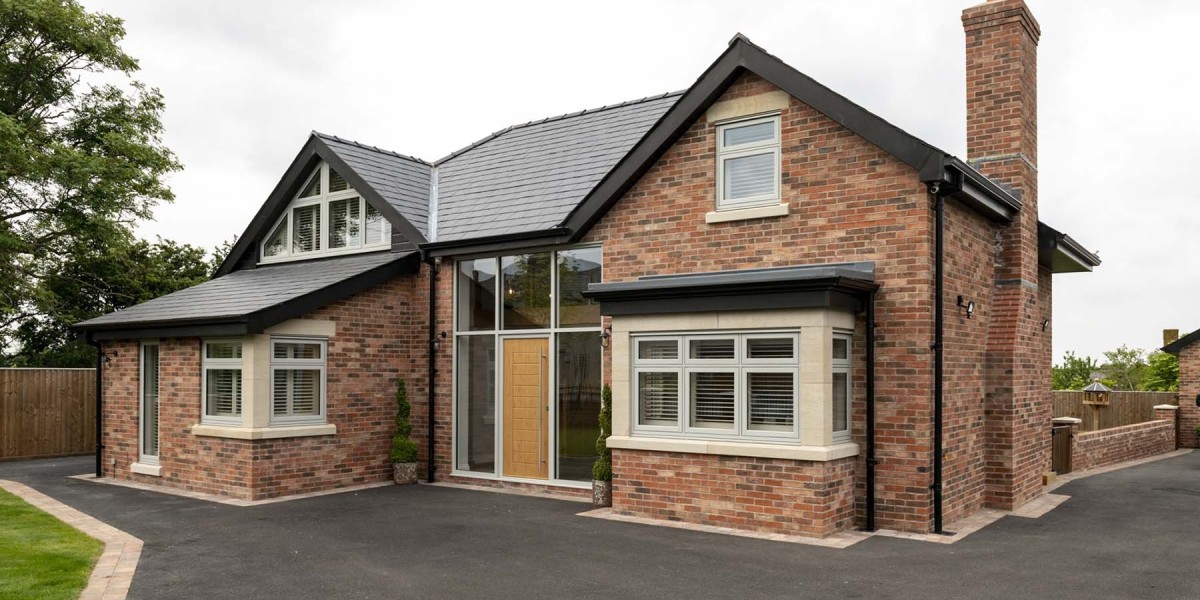The Pearl-Qatar have drawn international attention for their scale, ambition, and potential for high returns. But can foreigners actually invest in commercial properties in these developments? The answer is yes, with specific rules and frameworks to navigate.
Legal Framework for Foreign Investment in Qatar Real Estate
Qatar's Law No. 16 of 2018, which regulates non-Qatari ownership of real estate, plays a central role in determining where and how foreigners can invest. This law expanded the number of zones where foreigners can own real estate and introduced the ability to own both residential and commercial property in designated areas. These areas include Lusail and The Pearl-Qatar, among others.
This legal shift reflects Qatar’s broader vision under its National Vision 2030, which aims to diversify the economy and reduce reliance on hydrocarbons by encouraging foreign direct investment. Both Lusail and The Pearl have been designated as investment-friendly zones, where foreigners are allowed to own freehold and usufruct (leasehold up to 99 years) properties.
Investment Opportunities in Lusail
it is home to diplomatic districts, marinas, luxury residences, and a fast-emerging business hub. For foreigners looking to invest in commercial buildings whether retail shops, office space, or mixed-use developments Lusail offers multiple opportunities.
The Lusail Downtown area and Marina District have several commercial towers and retail zones available for foreign ownership. These zones are structured to appeal to both individual investors and institutional buyers. The Qatar Free Zones Authority and local developers have set up frameworks that allow foreigners to purchase, lease, or co-invest in commercial spaces within these precincts.
Importantly, owning commercial property in Lusail also enables the investor to apply for residency permits, which is another attractive feature. It’s crucial, however, to work with a licensed broker and legal advisor to navigate due diligence, as property use (residential vs. commercial) and zoning restrictions must be clearly understood.
The Pearl-Qatar: A Destination for Luxury and Commerce
The Pearl-Qatar is a man-made island that offers a mix of luxury living, hospitality, dining, and retail. It’s also one of the very few places in Qatar where foreigners can purchase freehold property outright. While best known for high-end apartments and villas, the island also includes commercial zones such as Porto Arabia, Medina Centrale, and Qanat Quartier, which feature boutique shops, restaurants, and office spaces.
Foreigners are allowed to invest in these commercial spaces either for business use or leasing purposes. For example, investors may buy retail outlets or office units and lease them to tenants, generating steady rental income. As noted in guides like things to consider before buying a studio apartment in Qatar, location and intended use must align, and The Pearl’s commercial areas are zoned specifically for business operations.
This makes the island a practical choice for foreigners who want not just a physical asset but a functioning business or passive income stream in Qatar.
Costs, Yields, and Regulations
The cost of acquiring commercial real estate in Lusail or The Pearl can vary widely depending on size, location, and infrastructure. Premium retail units on The Pearl can be significantly more expensive per square meter than office units in Lusail, but they may also command higher rental yields due to foot traffic and tourism. According to data reflected in average living expense in Qatar, property ownership costs in prime areas can be offset by relatively high rental returns and low tax burdens.
There are also minimal property taxes in Qatar, making it a favorable jurisdiction for foreign real estate investors. Buyers do need to factor in transaction fees, service charges, and maintenance costs, which vary by development and property type.
Licensing and Operational Requirements
Owning a commercial property does not automatically permit one to operate a business from it. Investors who intend to use the property for retail or office purposes must comply with the Qatar Financial Centre (QFC) or Ministry of Commerce and Industry licensing procedures, depending on the business model. For instance, a retail store or café requires a municipal license, while an offshore service company may go through the QFC.
Some investors may choose to buy property purely as a landlord and lease it to businesses. In this model, fewer licenses are required, but contractual arrangements with tenants must be clear and legally binding.
Residency and Long-Term Incentives
One of the more strategic benefits of investing in commercial property in Lusail or The Pearl is the eligibility for a residency permit. Qatar allows property owners who invest a minimum threshold (currently around 730,000 QAR) to apply for long-term residency. This benefit extends to investors and their immediate families, providing a strong incentive for long-term commitment.
This aligns with trends seen in high-value zones across the country. As discussed in best places to live in Qatar, The Pearl and Lusail are at the top of the list not just for residential comfort, but also for financial viability and lifestyle infrastructure, which includes high-end retail, public transport, and walkability.
Risk Management and Market Trends
While the market is generally investor-friendly, it’s essential to consider market fluctuations, regulatory shifts, and geopolitical factors. The real estate market in Qatar is tied closely to oil prices and national development strategies. Commercial investors should assess long-term trends, potential oversupply, and economic shifts, especially in a rapidly developing market like Lusail.
Investors are advised to avoid speculation-driven purchases and focus on income-generating assets or long-term value creation.
Strategic Location and Amenities
The Pearl and Lusail offer strategic locations near Doha's core business zones, with easy access to the airport, metro, and major roadways. Lusail has direct links to the Doha Metro Red Line and is integrated into national smart city plans. The Pearl, meanwhile, offers scenic coastal views and premium dining and shopping that attract both locals and expatriates.
These urban environments also support daily life with a wide range of services. For instance, apps mentioned in top 10 apps to download in Qatar facilitate everything from food delivery to local business discovery, helping tenants and property owners streamline operations and customer access.
Conclusion
Foreigners can indeed invest in commercial buildings in Lusail and The Pearl-Qatar under Qatar’s evolving real estate regulations. These zones offer freehold ownership, legal clarity, and long-term residency options, making them some of the most accessible and attractive markets for non-Qataris in the region. Whether purchasing for active business use or long-term rental income, foreign investors can capitalize on Qatar’s development momentum and favorable legal climate—provided they understand the regulations, costs, and strategic nuances of each location.
For context on broader real estate regulations in Qatar, see Real estate in Qatar on Wikipedia. For insights into The Pearl as a development, The Pearl-Qatar offers additional historical and logistical background.







